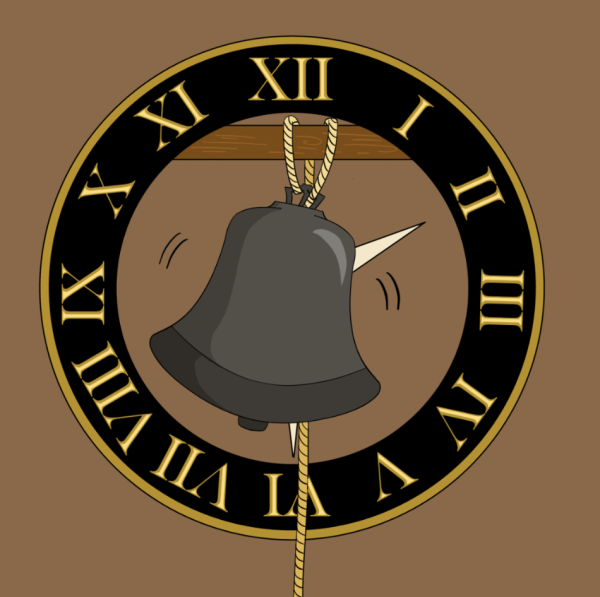Why We Should Keep the Pandemic Afternoon Activity System
I know that we are all eager to say goodbye to all remnants of the tumultuous 2020-2021 pandemic school year, but we should consider that certain products may actually be worth holding onto. Specifically, the new afternoon activity program which has given students more freedom to choose and opportunity to explore new hobbies at Groton should be allowed to continue.
Despite the Covid-19 protocols regarding social distancing, many students were much happier with the revised athletic program this year. The revised system provided more choices whereas previously, only seven or eight sports were offered per term. The sole option for Lower School non-athletes was theater.
In a survey asking Groton students to rate the program from 1 (not enjoying the activities whatsoever) to 5 (wishing to see the program continued), 90% of students rated the revised Covid-19 program a 4 or 5.
“My second form year fall had much more limited options compared to last year. I definitely feel like people who aren’t as sports-driven have less variety to choose from,” said Jasmine Powell ’24. In the old system, students were forced to choose between several options and often ended up not enjoying their afternoon activity. They wasted time on bus rides and on hours of practice instead of truly enjoying the sport they had signed up for.
On the other hand, this past year, students were able to choose two activities per term from a list of over twenty options, including poetry, meditation, bird watching, and debate. The surplus of activities to choose from granted students greater freedom and opportunity to explore, broadening their options beyond solely athletic or theatrical activities and making it easier to pursue activities they are more likely to be interested in. One student anonymously reported through the survey that the new program “prompted a period of personal growth.” Another student also remarked how “many of the activities were really fun,” especially “yoga” and “trail walking.”
Then why hasn’t the administration already adopted this approach? Since Groton has a relatively small student body, the newer program has the potential to scatter students across the plethora of activities and reduce numbers from traditionally densely populated sports. However, this diversion of attention would not eliminate the mainstream ISL sports, but instead allow students to obtain the quintessential community-bonding experience in activities they genuinely enjoy. Being on a sports team that you care about not only develops the athlete’s capability, but also the communication skills by assisting each other.
Opening a 3-day 2-day activity program to only JV or Thirds athletes for non-ISL sports would allow Varsity athletes to fully commit to their sports while non-Varsity athletes would be able to pursue the activity of their liking without being constrained by the sports Groton traditionally offered.
The overwhelmingly positive results the program of afternoon activities implemented during the 2020-2021 school year has seen cannot be ignored: the Covid-19 era sports system must be continued.






